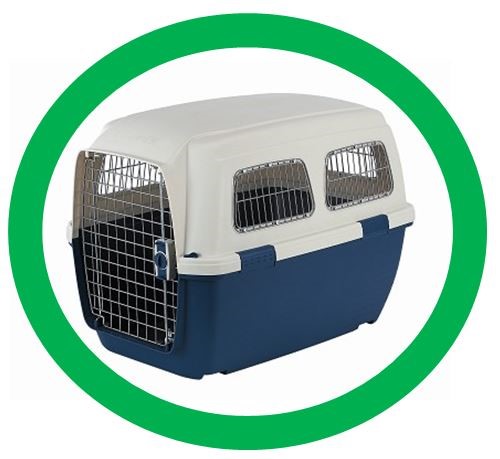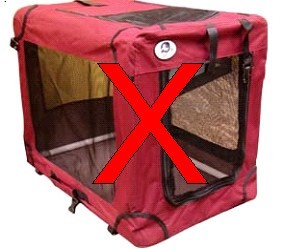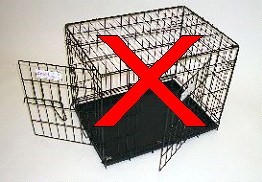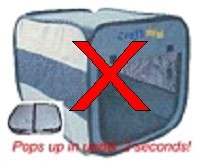When traveling with pets the following steps need to be taken:
-
The owner needs to provide the appropriate cage.
-
Animals that are uncomfortable and/or make a lot of noise will not be allowed on board.
-
The passenger must provide their own pet kennel that is made from hard plastic with a watertight floor in addition to conforming to the guidelines issued by IATA.
-
If an animal is sent as cargo it should arrive no later than 1/2 hour before departure.
-
Live animals are on the senders responsibility.
Live animals are not allowed inside the cabin of the aircraft unless it´s a service dog traveling with its owner. Service dogs travel for free when with its owner. The owner is responsible for any damage caused by the dog.
Cages that are accepted:

Cages that are not accepted:



Children from 2 to 11 years old must be accompanied by adults. It is allowed to ask someone in the plane to accompany the child. Parents/guardians are always responsible for who follows the child.
the children need to be assigned a seat next to the person accompanying them. It is not allowed to check-in a child until it is clear who is accompanying it.
Infants up to 2 years of age may not under any circumstances travel unsupervised.
When travelling with an infant, you can check-in a stroller and a car seat, up to 20 kg in total, without extra cost.
Passengers traveling with infants are allowed to bring on board approved Infant/Child car seats (Child Restrain Devices or CRDS), provided that there are free seats available on the flight.
Expectant mothers in their last month of pregnancy, must have medical approval for travel issued within 72 hours prior to commencement of travel.